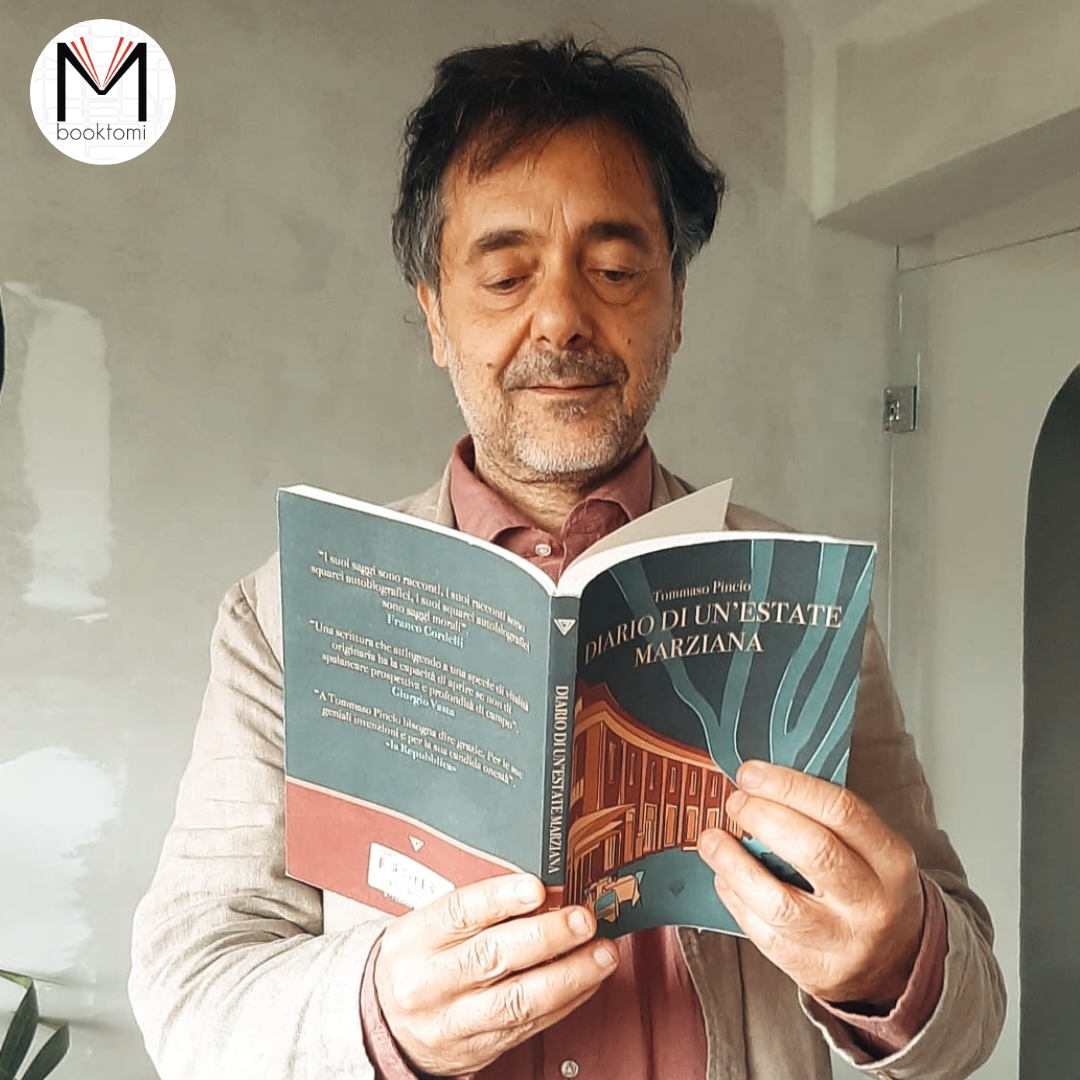“The truth of the facts is useless and in any case it does not define that of people?”
Flaiano, Rome, summer. Three evocative words that perfectly describe the book. Memories, walks, reflections that are able to make Ennio Flaiano known as an old friend, what he represented, indeed he represents, for the Italian cultural panorama.
Ennio was none other than an Abruzzese transplanted to Rome at a young age, and which makes him the eternal city, despite the differences in character, which will materialize over the years in a relationship of hate and love. A unique feeling that is impossible to separate, as in any deep love. In fact, it will tell the story of the Rome that is preparing to be conquered by the fascists who have come from all over Italy, and then again the Rome full of life after the Second World War, and then again that which is boring, like a film seen and reviewed.
Flaiano’s alleged laziness clashes with his Pescara blood, but goes very well with the alleged laziness for which he has always been famous; but is it really like that? What is the line between laziness and the will to do only what is really important or perhaps the desire to live life at a different pace?
The writing of the text fits perfectly with what is said, a shadow of nostalgia under which everyone finds shelter in the long, hot Roman summers. Walks through the city, thoughts left free to go far, but not too far to always remain visible behind parked cars, are preparatory to refresh memories. In fact, already in the title it is specified that we are dealing with a diary, and not a real novel, therefore a vision/reflection of the author of a time gone forever and of a writer perhaps not yet fully understood, but who nonetheless left a mark.
It is no coincidence that the text mentions flaianite, to explain the phenomenon whereby idioms, verbal expressions and aphorisms are habitually traced back to Flaiano, even if he never uttered them, but which he certainly could have said.
_____________________________________________________________________________________________________
Tommaso Pincio, Diario di un’estate marziana, Giulio Perrone, Roma, 2022



